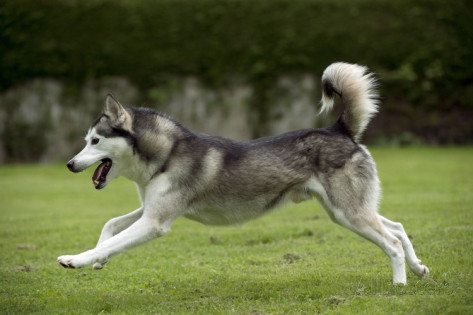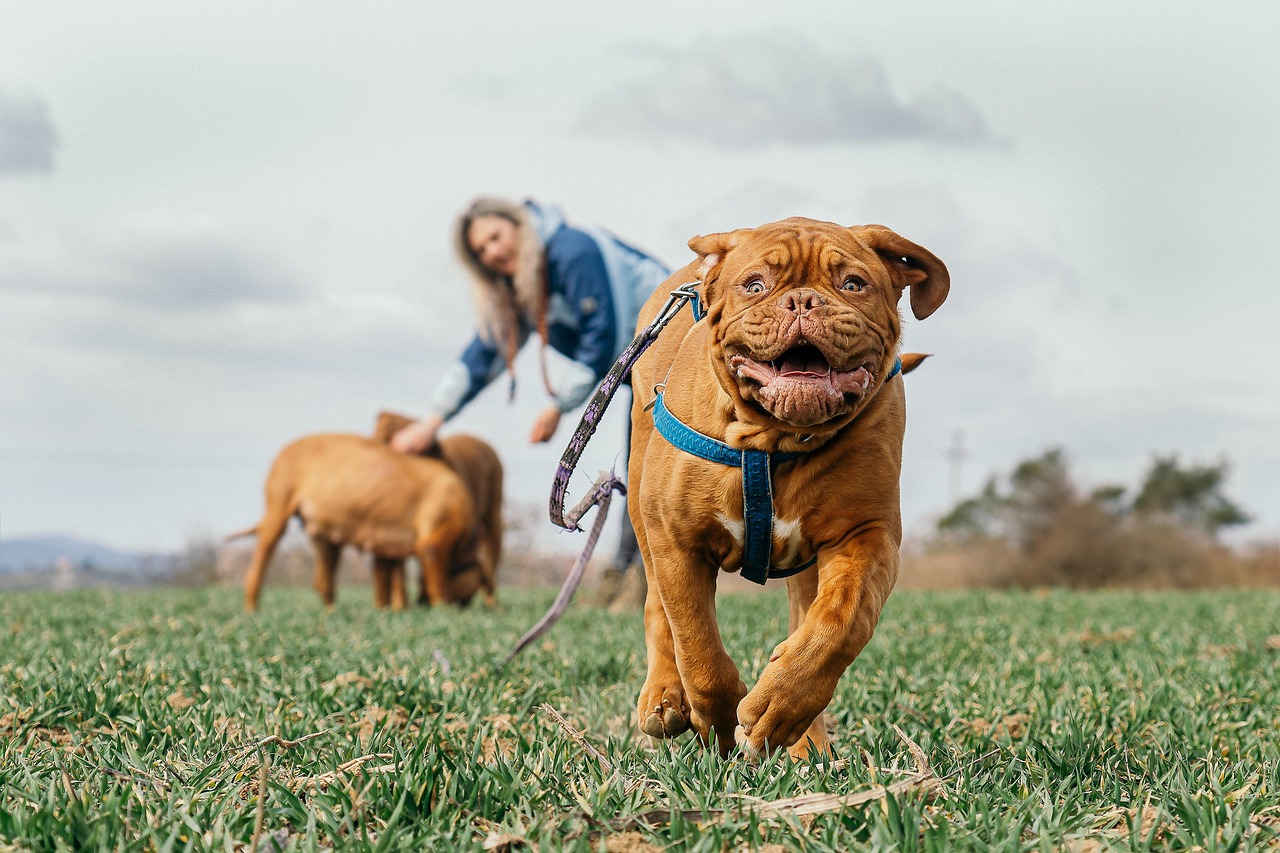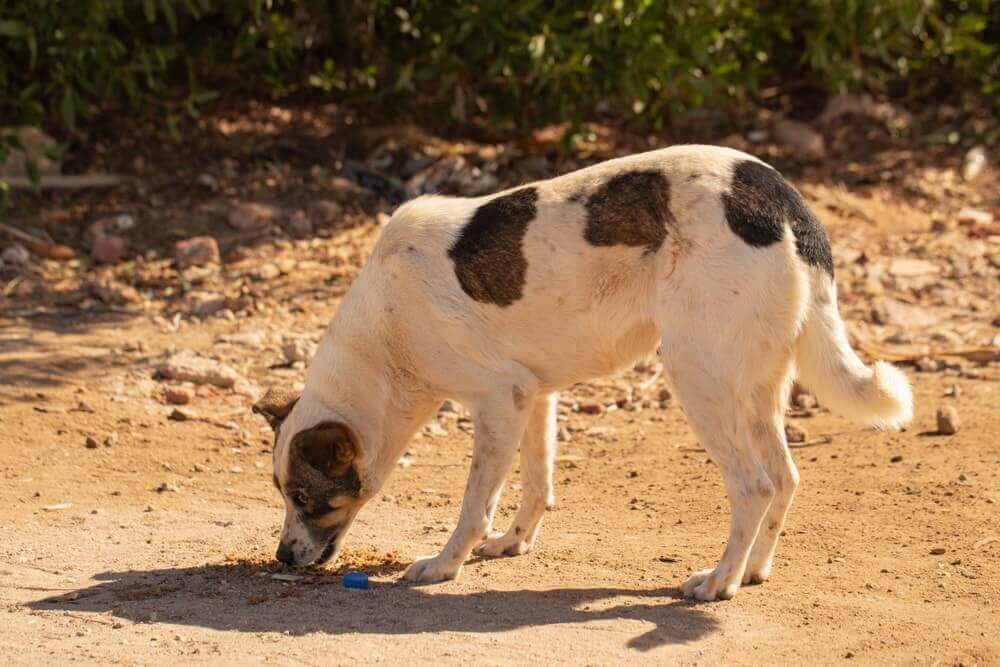Hey Ollie blog readers! We’re offering you an exclusive 60% OFF your starter box! Try now!
Ever since my Husky, Keno, ran away during a family vacation in the red rock canyons of Lake Powell, I’ve been primed to perk my ears up when I hear stories about other runaway Huskies. Are they really canine escape artists or is it just a myth that’s been perpetuated by stories like mine?
I sat down with Gina DiNardo, Vice President of American Kennel Club to do a little myth-busting. The short answer from Gina? It’s true. “Huskies are a very independent, headstrong breed that has been bred to think on their own out in the tundra,” she says. “If they have the opportunity, they are definitely prone to run off on their own.”
According to DiNardo, “run” is the key word for this breed: Paired with an independent nature, they have an inherent love of running. (Marathoners, you’ve met your ideal training buddy.) If Huskies don’t get enough opportunity to exercise and romp around, they will seek it independently. They can dig, climb and jump their way out of closed in areas with alarming ease if they feel pent up. Ironically, the best way to keep your Husky at home is to get him out frequently and on your terms—not his.
Why Do Huskies Run Away?
Huskies are known for their strong urge to run—and that’s not a behavior flaw, it’s part of their breed’s history. Originally bred as sled dogs, Huskies were made to cover long distances in cold climates. That instinct to roam is still hardwired into them today, which is why many Huskies will bolt if given the chance.
They’re also incredibly smart and easily bored. If a Husky doesn’t get enough exercise or mental stimulation, they may try to escape just to find something interesting to do. Digging under fences, slipping collars, or even opening gates isn’t out of the question for these escape artists.
In some cases, Huskies run off simply because they’re curious. New smells, sounds, or animals can trigger their prey drive or natural desire to explore. That’s why secure fencing, long daily walks, and plenty of mental challenges are key to keeping a Husky happy—and at home. Without enough outlets for their energy, they’ll make their own adventure.
In addition to giving your Husky plenty of exercise, Gina has some tips for keeping a them content and nearby:
Huskies are explorers by nature and can bore of the same routine. Satisfy their need for adventure by mixing up their exercise routine: Try a variety of trails, parks and paths to resist getting stuck in a rut.
Don’t get complacent. A large, fenced in yard with plenty of room to run around will not be enough, they need to go exploring. If you don’t have time or energy to properly exercise your Husky, hire it out.
Don’t let your Husky off leash in an open or unfenced area. Even a well-trained dog might catch a scent or see potential prey (real or imagined) and instinct takes over before you even realize they’re gone.
Keep up on training. Teach your Husky command skills (sit, stay, return) and reinforce them with daily training in a variety of contexts, beginning in a quiet environment and working your way to situations that have more distractions.
Make sure your dog is always wearing a collar with current tags. If your dog has a micro chip locater, keep your information up to date so that in the event your Husky runs away and is found, it’s easy to find you.
The Ollie blog is devoted to helping pet parents lead healthier lives with their pups. If you want to learn more about our fresh, human-grade food, check out MyOllie.com.
Tagged As:

The nutrition your dog needs,
the food they want.

Enjoying our articles? Subscribe our Newsletters and get new articles directly to your inbox
You might also like
23 September 2025
6 MINS READ
Back to School: Training Your Dog at Any Age
As we hit back-to-school season rolls around, it’s not just kids who benefit from sharpening their skills and learning something new—our dogs can, too! Training isn’t limited to puppies or p…
by Ollie Pets
23 September 2025
7 MINS READ
Lace Up and Leash Up: A Beginner’s Guide to Running with Your Dog
Running is one of the simplest ways to stay active, and it’s even better with a canine companion. Not only does running with your dog keep you both in great shape, it also strengthens your bond …
by Ollie Pets
18 September 2025
8 MINS READ
Why Do Dogs Eat Rocks? Common Reasons & How To Stop It
Why do dogs eat rocks and is it dangerous? Learn what causes this behavior, what to watch for, and how to stop your dog or puppy from eating rocks safely.
by Gabby Slome







